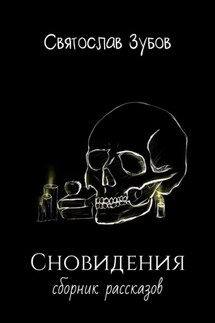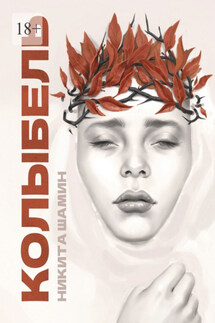Hide-and-Seek - страница 22
No treats this time. Just a black suit.
“It happened so fast, Alex. He was doing better. He was excited about your visit and then he just stopped breathing while he was asleep last night. The doctor said it was some sort of a respiratory syndrome, a lung failure.”
She started to sob quietly. I was considering ways to console my mother, but all I could think about was the fact that my dad’s ancestors had all been buried in the family cemetery situated in one of the park’s corners, and he was probably going to be buried there as well. The corner wasn’t in the deal I was working on, but the idea of my dad’s headstone overlooking the house that wasn’t going to be ours anymore made me feel even sadder.
My father, Alexander Montague I, was the only child of Theodore and Adelaide Montague. He received a good education in the places where the children from upper class usually went to, worked with the tenants in the estate to make sure that everyone was happy, kept the income coming and started to develop some investment projects. He wasn’t susceptible to the charms of the local female candidates among the “equals” but was known as a desirable match for many. Before he was given the reins to Maple Grove House, he was sent to Europe to learn about art, for which he hadn’t shown any propensity but had been expected to understand well to help increase the family’s art collection. My grandfather had wanted him to know the difference between Manet and Monet and to be able to hang the right paintings in the right places in the house to impress guests. Not that the family had acquired a big art collection, but it was “an essential element of a good house” and Theodore had thought it was important. That was the trip on which my father met a young and beautiful French woman, Elizabeth Baudelaire-Nazarova, who spoke good English and who, a year later, would become his wife and, a year after that, my mother. He met her at a Roerich exhibition in Paris, while admiring Himalaya’s landscapes and the artist’s unusual choices of colors. He asked her if she liked the paintings, which he hadn’t really understood but kept that fact to himself. She did and the conversation went on for thirty indecent minutes, which neither of them could nor wanted to stop. My father was smitten and forgot all about social proprieties when he invited young Elizabeth, who was ten years younger than him, to have a cup of hot chocolate at a place on Rue de Rivoli where they discovered that they both had been fans of Jules Verne. The place was called Angelina, and this was what my father thought of this young woman, “an angel.” He had been calling her Lizzy my Angel ever since.
My mother was an independent spirit who wanted to see the world, but she willingly adjusted most of her dreams when she married my father. “Love makes you do things,” I often heard her saying. They had travelled a bit before my father became the head of Maple Grove House, they had children and slowly became “merry country folk,” as my mother liked to call themselves.
“Mother, I’ll be there later today, and I’ll take care of everything,” I said, feeling that I wasn’t doing well at consoling her.
“Thank you, Alex. I want you to know that I want him to be here with me.”
“Excuse me?”
“I want him to be buried here in France because







